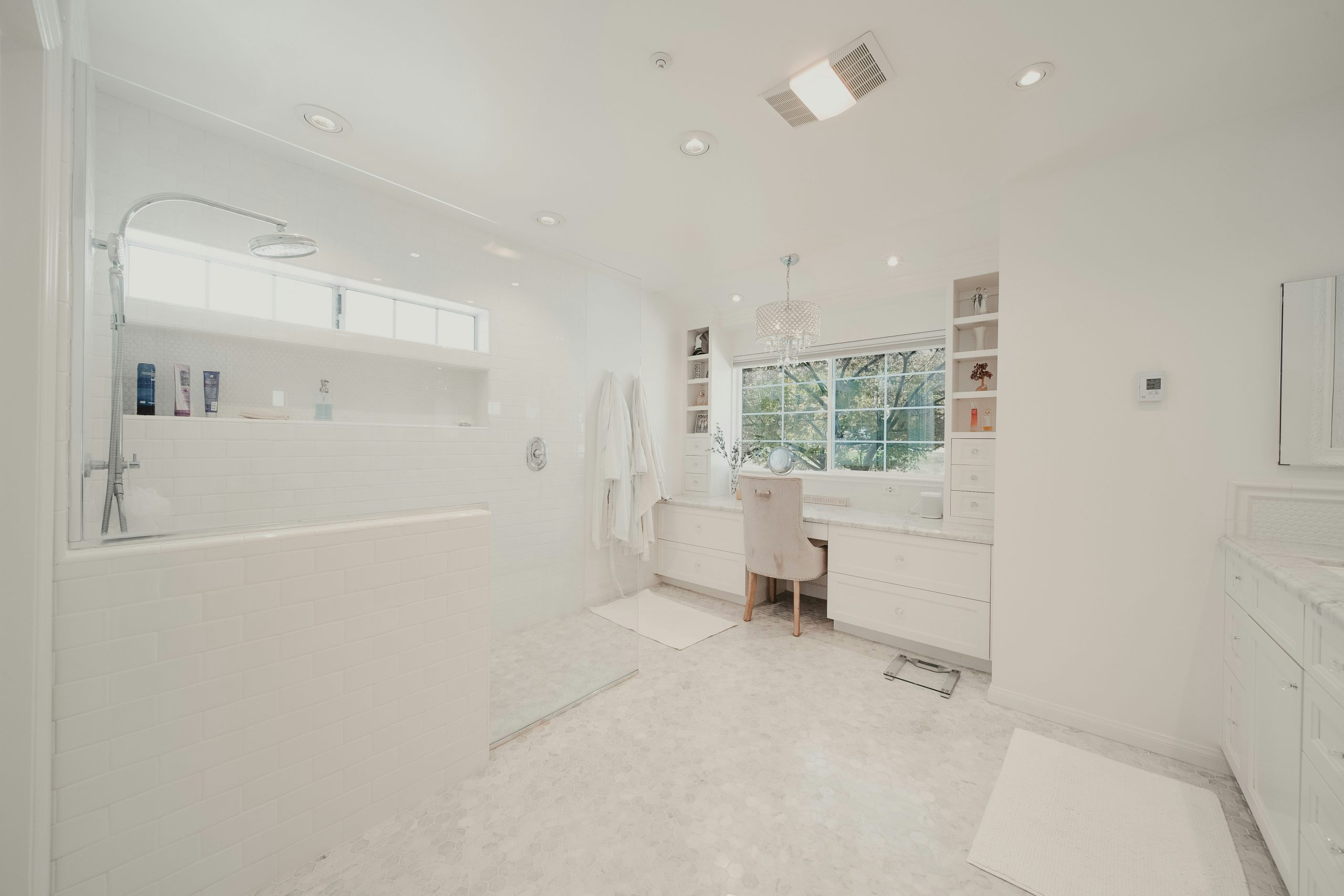In a capitalist world, we tend to perceive success as huge amounts of money, luxury items, fame and an extravagant lifestyle. It’s what many aspire to be or have. The discrepancy between “regular people’s” lives and the flamboyant lifestyle of celebrities makes the latter unachievable role models. That is, until social media came along. Fan culture has drastically changed throughout the last decade with the rise of social media platforms. And keeping up with your favorite celebrity has never been easier, or faster.
For many decades, people have been curious about how the rich and famous live their most honest lives. We tend to see them in very made up scenarios where everything has been carefully chosen for the occasion. This makes our interest for their mysterious private lives even greater. We want to know the truth, the part of them that is not shown in conventional media.
When social media came about, it brought celebrities closer to their fans. There’s something about the raw format that social media brings to the table that makes it seem so personal and unfiltered.
From tweets to Instagram stories and vlogs, we all had a feeling that we were finally being able to see the reality behind the smoke and mirrors of television and gossip magazines. Social media allowed celebrities to be their own source of what fans got to see of them. This is one of social media’s biggest appeals. The truthness of it. The lack of a production.
This so-called rawness was only previously captured by candid, unauthorized photos taken by paparazzi either on the streets or peeking through the tall gates of a mansion. But today, stars can present and share whatever they want online, freaking out their PR managers at every tweet.
Social media has somewhat killed the paparazzi craze of the late nineties and early two thousands. But on the other hand, social media has managed to enhance the deception and lies that are told about such celebrities through a lens that claims to be more honest and real than ever before.
The Everlasting Phenomenon of Celebrity House Tours
Our home is where we let it all hang out. It’s where we’re our most vulnerable, and where our truest self can be set free. Our living spaces also often reflect our personality and they mirror our lifestyle and habits. So it’s not hard to understand why fan culture is obsessed with seeing the inside of their role models’ houses.
The concept of celebrity house tours has been popular for years. It offers fans a peek into the private lives of their idols. However, while seemingly authentic, this format often falls into the trap of manufactured content. Turning the very premise of the tour on its head. How can an exposure so manufactured claim to portray truth and reality? It defeats the very purpose that was appealing to us in the first place: the raw and honest portrayal of these celebrities.
It’s impossible to know just how much is fake and how much is true. But since MTV Cribs’ mega success in the two thousands, celebrities who have participated have claimed that not all you see is true. The deception gets so bad to the point of celebrities admitting that their whole house was rented. Or that the property shown in the video belongs to another member of their family.
Over the past few years, Architectural Digest’s segment called Open Door and Vogue’s clearly rehearsed 73 Questions videos have flooded YouTube and other social media platforms with celebrities presenting their homes. Both of these pretend to be very off the cuff, as if nothing has been pre-planned. But it’s of course not true, and it doesn’t take much to realize it.
Much like many of the celebrities who have participated in MTV Cribs, actress Dakota Johnson has come out to say that she lied in her Architectural Digest Open Door video. You can see for yourself on the first couple of minutes of this clip from her interview with Jimmy Fallon.
The Issue of Online Deception
People have become obsessed with how they portray themselves online. It’s almost as if their online persona validated their personality in the real world. There’s a tendency to see social media profiles as a reflection of who we are. But in reality, it’s only a handpicked, curated reflection of ourselves. We only show what we want, when we want, and how we want it.
While social media promised a more genuine connection between celebrities and fans, it has paradoxically become a breeding ground for deception. And the millions of views on these celebrity house tours videos makes the issue even more concerning.
The overly curated nature of online profiles, often showcasing only the positive aspects of one’s life, leads the viewer to a distorted perception of reality. The constant quest for validation only fuels a culture of self-doubt and comparison.
While these platforms have brought celebrities closer to their audience, they have also given rise to new challenges. As fans, we must approach online content with a discerning eye. We must understand that the raw and unfiltered moments we see online may be just carefully orchestrated images.
After a decade of online platforms, social media has almost become synonymous with deception. We can never be one hundred percent sure if what we’re seeing online is genuine. I often have to remind myself (and my family and friends) to not blindly believe everything we see online.
If you want to know more about the history and issues of this topic, here’s a video by Mina Le:



